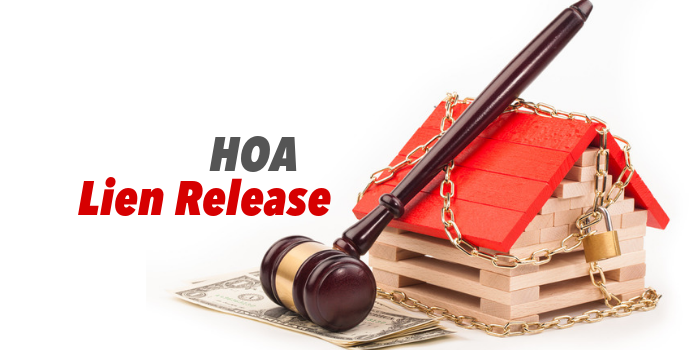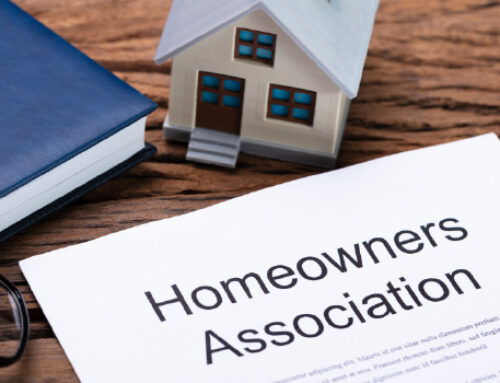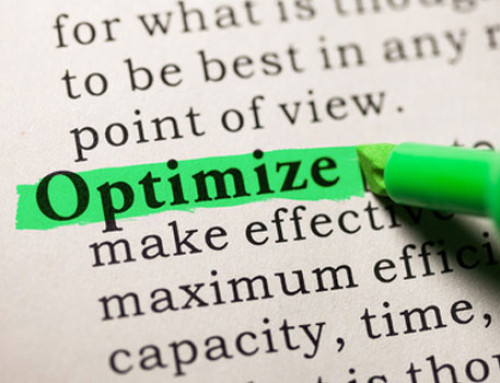HOA liens are powerful tools used to enforce assessment obligations. Every homeowner should know and understand their state’s laws regarding HOA liens and foreclosure, as they can vary from state-to-state.
Lien Basics
When a homeowner becomes delinquent on their assessment payments, the association can record a Notice of Delinquent Assessment, otherwise known as an assessment lien, against that homeowner’s property. The lien must be filed at the office of the county recorder to ensure that it is a legal, binding document. The lien will act as a security deposit of sorts to ensure that the assessment debt will be filled. The homeowner may not sell or rent the property until the lien is satisfied.
If the lien goes unpaid, it can eventually be judicially foreclosed – meaning the association can sell the property to fulfill the debts. However, getting the HOA lien released is relatively simple, and this can be resolved before it ever reaches the point of foreclosure.
How to Obtain the Release of an HOA Lien
The main way to secure the release of an HOA lien is to pay the association the full amount that it is due. This includes the delinquent assessment fees, late fees, interest, collection costs, and attorney fees, if applicable.
Once the homeowner has paid to the association the full amount due, including all applicable fines and fees, the association must in turn record a lien release with the county. The association generally has 21 days to file the release and provide the homeowner with copy of the paperwork verifying the release.
If the homeowner believes the lien was placed in error, he or she can contest the validity of the lien with the HOA by providing documentation of assessment payments. A homeowner in this position may decide to seek legal advice from a lawyer who has experience with HOAs in order to better evaluate all legal options. If the lien is found to be faulty, the HOA must promptly release the lien and remove all associated fees from the homeowner’s account.
Related: Benefits of Serving on an HOA Board
To better understand HOA liens, you must understand the basic terms involved with your association’s Covenant, Conditions, and Restrictions (CC&Rs). Remember, the main functions of an HOA are to collect assessments and fees and to enforce the rules of the community. By staying up-to-date with your association’s assessments, you can avoid the possibility of having a lien put on your home.








very helpful information on how to obtain a Release on a Homeowner Association (HOA)lien